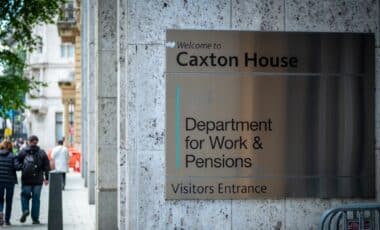Migrants seeking to live and work in the UK may face more stringent requirements as part of Labour’s ambitious overhaul of the country’s immigration policies. The proposal, set to be detailed in an upcoming immigration White Paper, suggests higher English proficiency standards and longer residency waiting periods.
These measures are part of the Labour government’s effort to control net migration while ensuring greater integration of migrants into British society.
The reforms come amid rising pressure to address the UK’s record net migration, which reached a staggering 728,000 in the last year. As part of Labour’s comprehensive plan, the party aims to tighten immigration controls, making it harder for migrants to obtain indefinite leave to remain unless they meet stricter criteria.
The new language requirements, in particular, could significantly impact the prospects of migrants seeking long-term settlement in the UK.
Stricter English Language Standards for Migrants
Under the proposed immigration reforms, migrants will be required to meet a higher standard of English. This would entail passing a test equivalent to a foreign language A-level, including fluency in both speaking and writing on complex topics.
Current requirements, which are based on the English GCSE for foreign learners, will be raised in an effort to enhance social integration.
According to reports, the move is designed to encourage migrants to participate more fully in British society by ensuring they can engage in more sophisticated conversations, both at work and in social settings.
The change is likely to affect migrants coming on work visas, as it could delay their path to permanent residency. Previously, individuals were eligible to apply for indefinite leave to remain after five years of living and working in the UK.
However, under the new proposal, those who fail to meet the stricter language criteria could face a longer wait—up to ten years—before being allowed to apply for permanent residency.
Political Pressure and Labour’s Response to Migration Concerns
Labour’s immigration reforms come as the party grapples with growing public concerns over net migration. Last year, the UK saw the highest levels of migration on record, prompting calls for more stringent controls.
Government sources have indicated that the forthcoming White Paper will aim to make the immigration system more selective, ensuring that migrants who are granted visas are better equipped to integrate into British society.
The political implications of the new policy are significant. With rising frustration over immigration levels and public services under strain, Labour seeks to position itself as a party that can manage migration effectively without alienating its support base.
However, the proposed reforms may risk alienating certain sectors of the economy, particularly industries that rely heavily on migrant labour.









